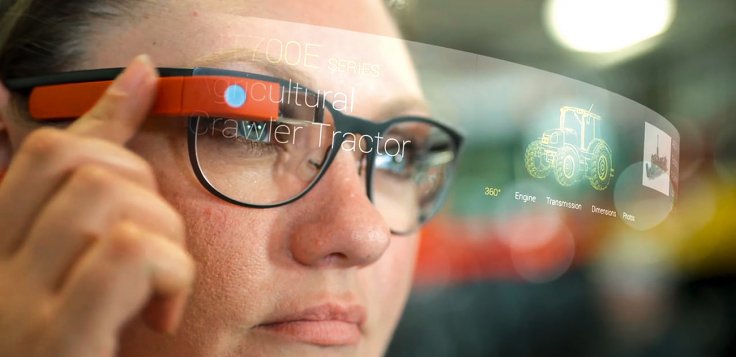Almost a decade after Google Glass failed to impress the consumers, the race for smart glasses is on again. With the advancement of artificial intelligence and overall technology, many companies are fighting to replace your traditional prescription glasses with smart ones. While Apple's smart glass is the highly anticipated one, Facebook too has raised the heat, promising you "perceptual superpowers", fusing virtual reality (VR) and augmented reality (AR) technology.
Facebook joined the VR race acquiring Oculus, a VR headset company, in 2014 when Google Glass was struggling. But then the technology was ahead of its time and thus Mark Zuckerberg-led company decided to wait.
Now that Apple, Intel, Microsoft among others are already developing their own version of smart glasses, Facebook has teased its capabilities. Its AR-VR headsets (not exactly like your prescription glasses) will let you enhance sounds in a crowded area to engage in a conversation better.

Enhanced Audio Feature
Facebook says its team is developing the glasses that will have active noise cancellation when you want. It will let you dim the background noise and enhance the sounds that you want to focus on — a spy's dream — so that you can have a clear conversation in a crowded room or area.
Facebook Reality Labs, the company's tech hardware wing, is working on the glass's multiple microphones to capture sounds and then the camera and sensors will track head and eye movements to work out which sounds you would rather hear and the ones you want to avoid.
Unlike Neuralink's enhanced audio capability, Facebook's technology is working on developing in-ear-monitors that can let humans hear the full range of sounds between 20 and 20,000 Hz. It also has medical applicability. Using such smart glasses could actually benefit patients who need hearing aids.
"By putting hearing impaired people on par with people with normal hearing, we could help them become more socially engaged. This resonates very well with Facebook's mission in the sense that hearing loss often keeps people away from social situations," said Thomas Lunner, one of the researchers.
Realistic Meeting
That's not all. Facebook's team is working on developing "Audio Presence" that will recreate how sounds bounce around on objects. For example, when you are talking to someone over the phone, your voice sounds different. But through its technology, Facebook wants you to have a real-life conversation as if the person is sitting next to you.
Its smart glass will bounce the sound around objects in your environment to create an audio presence. The team is also trying to figure out how sound changes based on the shape of ears so that it sounds realistic. As the Coronavirus pandemic has essentially advocated enhancing the work-from-home culture, this technology may eliminate the 'virtual' word from virtual meetings that reiterate the fact that you are separated by distance.
That was about its audio feature. Facebook hasn't completely revealed how its video features will look like apart from LiveMaps, which will use virtual reality and artificial intelligence to recreate a 3D representation of the real world for better navigation.









